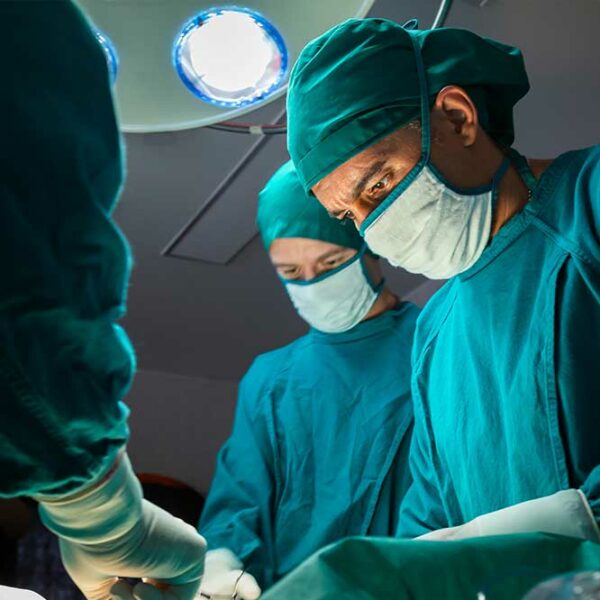
Anterior Lumbar Interbody Fusion (ALIF) Surgery
Anterior Lumbar Interbody Fusion (ALIF) Surgery is an innovative spinal procedure that accesses the lumbar spine from the front (anterior) approach. This technique is designed to treat a variety of lumbar conditions by fusing vertebrae together, stabilizing the spine, and providing long-term relief. ALIF Surgery is effective in addressing various lumbar conditions, including:
- Degenerative Disc Disease
- Spondylolisthesis
- Herniated Discs
- Spinal Instability



